Zanu-PF’s organisational capacity on display in primary elections… Primary elections demystified youths support for opposition
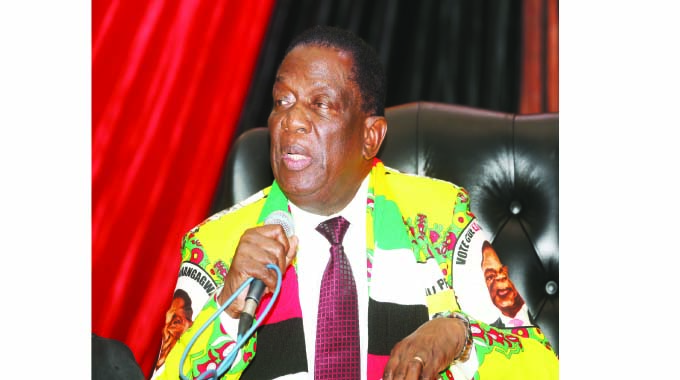
Ranga Mataire, Group Political Editor
IF there is something that cannot be taken away from the revolutionary ZANU-PF party- it is its organisational capacity in mobilising its support base for whatever cause, exercise or process.
More than just a democratic tradition, the just-ended ZANU-PF primary elections exemplified the party’s organic standing and its unmatched capacity in holding a national internal plebiscite to elect with minimum glitches.
Organisational capacity
The ruling party historically derives its organisational capacity from its experience in mobilising masses during the liberation struggle. Both ZAPU and ZANU’s military wings had strong commissariat departments whose main job was to devise strategies of wooing the masses to support the struggle. The relationship fostered during the struggle days was like “fish and water”. None could survive without the other.
Forty-three years after independence, the party’s bond with the masses remains intact and its capacity to recruit new members, read the national mood (aspirations) and harness these into national causes has been sharpened by new experiences and challenges.

ZANU-PF
The party’s structures inherited from the liberation experience are the valves that connect the party with the masses and an intricate network sustained then by dedicated voluntary cadres called the “chimbwidos” and “mujibhas”.
The “chimbwidos” and “mujibhas” provided essential information on the movements and location of Rhodesian forces. They also provided critical intelligence on colonial regime collaborators.
This information was very critical for combatants who needed to manoeuvre stealthily and avoid being snared by Rhodesian forces.
In the post-liberation war period, the former liberation movement has now transformed itself into a governing party that understands and appreciates the importance of having structures and having real people manning the structures.
Before the holding of primary elections, Zanu-PF embarked on a process of auditing its structures from the cell, ward, district and provincial levels to account for its membership, especially those holding positions. This was critical in providing the human resource arsenal for mobilisation of the masses.
Contrary to some views from its detractors that its numbers are dwindling, Zanu-PF’s just ended primary elections showed beyond reasonable doubt that the party’s active-membership depth is remarkable, as demonstrated by the generally high turnout across the country. The primary elections demonstrated that when it comes to voters, Zanu-PF has the numbers.
Mass party
Judging by the turnout of the people who came out to vote, it is fair to say Zanu-PF remains a mass party. Its membership is diverse and widespread. In some constituencies, voting had to be extended to Sunday to accommodate all members on cell registers. And by the way, there is a register that clearly verifies who is supposed to vote and whether the person resides in the area or constituency in which he or she is casting his vote.
The diversity of the aspiring candidates also shows that a wide-range of people feel attached to the party whose policies remain pro-majority and rooted in the national liberation project of empowering previously marginalised black people.
Youth participation
One renowned political scientist remarked that “the impressive generational mix, which was notably dynamic and clearly dominated by the younger or youthful generation in both the urban and rural constituencies, collapsed the myth that Zanu-PF is only a rural party of the older and disappearing generation.”
The primary elections also demystified the assumption that the majority of the youths support opposition political parties. There was a marked number of young people at almost all the voting stations.
These youths did not wake up becoming eligible participants on the voting day but are a product of the work of the commissariat department and other organs that have had the task of marketing the party’s policies to the generality of Zimbabweans.
It is also apparent that most youths bear testimony to the practical development works being spearheaded by the Second Republic led by President Mnangagwa. Some have been empowered through various initiatives being spearheaded by the Government. They see a future in being associated with the revolutionary Zanu-PF party.
The amount of youths that turned out to vote in Zanu-PF primaries is likely to unsettle the opposition and their foreign handlers. Youths comprise a sizable demographic that is likely to play a significant impact in the coming harmonised elections.
As rightly pointed out by one analyst, “the emergency of a new crop of prospective parliamentarians, mostly young, in the intra-party suffrage indicates that the ruling party is renewing itself and is the party of the present and the future.”

Zanu PF supporters
Interestingly, the candidate slates across the country, also reflected the same youth-dominated generational mix. An inescapable conclusion from this is that Zanu-PF’s 2023 electoral prospects and future look good, certainly to the surprise of observers and to the worry of opposition political circles, because young people are clearly joining the party openly and enthusiastically.
Energising the base
Elections are won through adequate preparations and ensuring that there is no lethargy or apathy from members on the actual voting day. The successful holding of the primary elections by Zanu-PF showed good planning. After selecting their candidates in a transparent and democratic manner, it is now time for effective campaigning.
This is coming at a time when other opposition political parties are talking about clusters while others are yet to choose their representatives.
Besides providing a competitive selection method for general elections candidates, the Zanu-PF primary elections were useful for identifying structural fissures and for energising the base before the general elections.
Zanu-PF used its primary elections as a useful opportunity for energising its membership base, reassuring its core supporters and attracting new supporters to consolidate its voters before the general election.
This was demonstrated by the nationwide interest in the party’s youthful candidates and youthful voters, and this interest was boosted and fortified by the fact that many of the youthful candidates won their contests by defeating the so-called heavyweights.
Democratic tradition
Traditionally, primary elections enable the political party holding them an opportunity to showcase its commitment to internal democracy by selecting its candidates for a general election through an open and inclusive competitive method.
In this important regard, the just ended Zanu-PF primary elections showed that the party has an upper hand over all its likely opponents in the forthcoming general election, some of whom have already said their leadership will hand-pick their parliamentary and local government candidates under the guise of a woolly and arbitrary so-called “community based” candidate selection method.

ZANU PF
Reports suggesting that there were no ‘assisted voters’ and that “assisted voters” only appear during the general election ostensibly for “rigging purposes” are misplaced and misguided for two reasons.
The reports are misguided and cannot be taken as factual at face value because they are not based on an empirical and objective or scientific assessment of what happened at each and every polling station across the country.
These are just thumb-suck opinions and not informed reports as such. These opinions purporting to be reports overlook or misunderstand the fact that not having “assisted voters” in a primary election of a political party does not necessarily mean there will not be any such voters in a general election because – unlike a primary election that is restricted to party members – a general election is open to all registered voters and in that kind of an election parties attract not only their members but also, and even more importantly, all sorts of supporters some of whom may understandably need to be assisted to vote in terms of the law.
Objectively speaking, the just ended primary elections have put Zanu-PF in pole position for the 2023 general election.


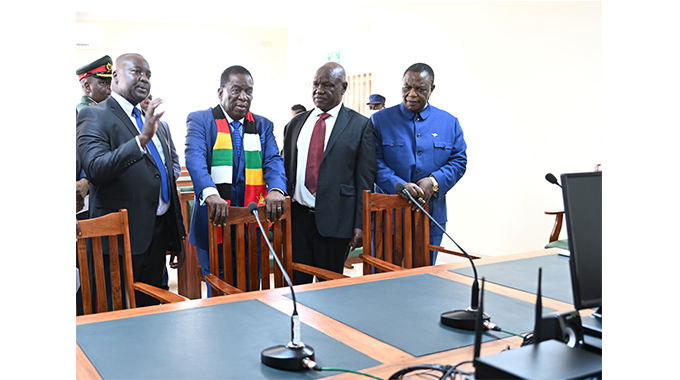
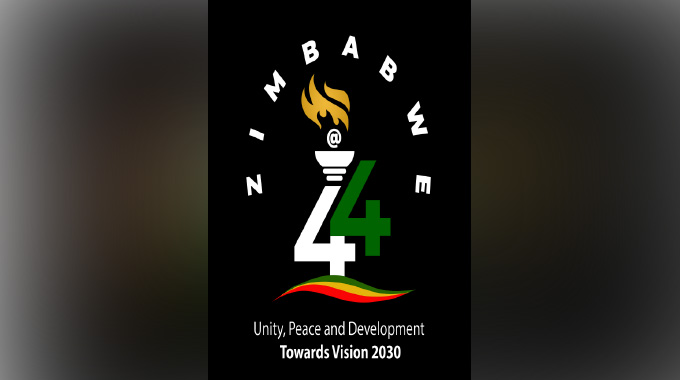
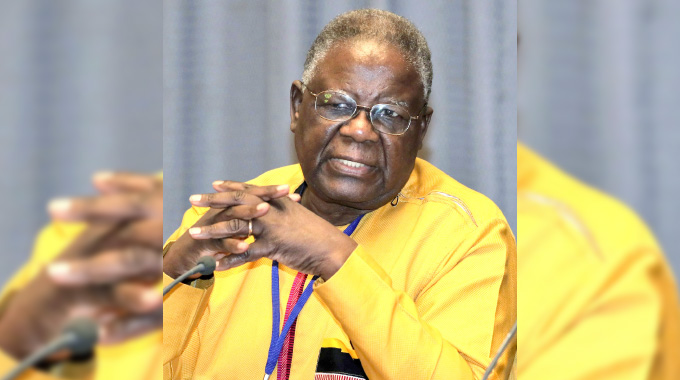



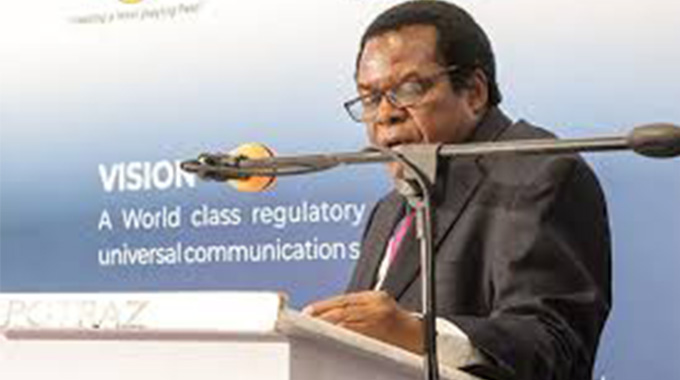



Comments